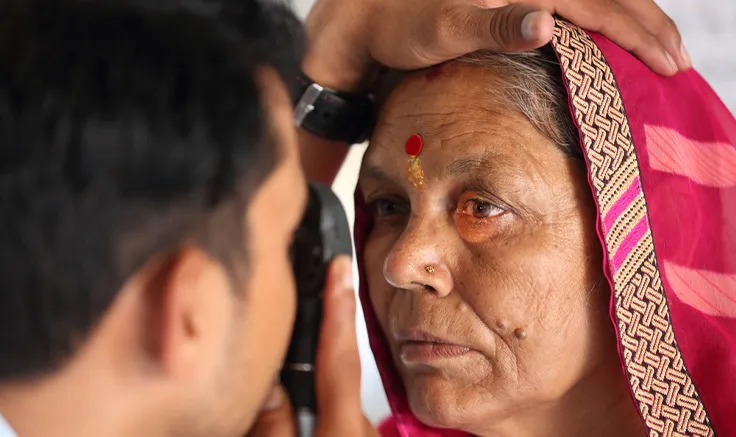- Home |
- About Us |
- Services |
- Our Doctors |
- Resources |
- Contact Us |
- Book Appointment
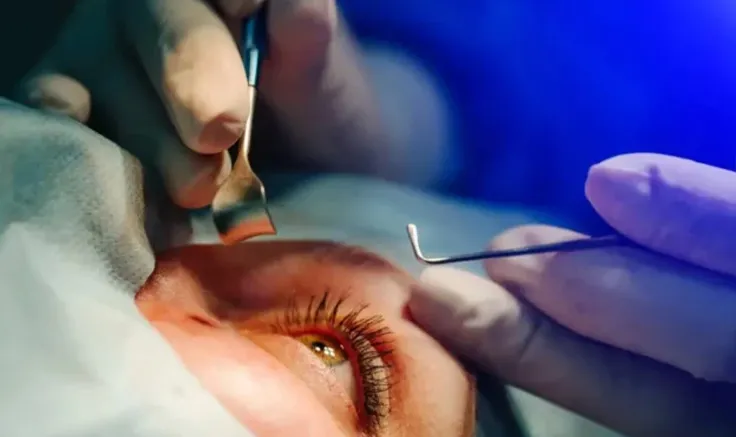
What is Cornea ?
Your cornea is like a clear window that controls how you see the world. When healthy, it ensures clear vision. At Kailash Eye Care, we specialize in cornea health and provide individualized treatment for a variety of corneal conditions. Whether it's improving vision clarity or treating corneal diseases, our expert team is dedicated to providing the best possible care for your eyes.
Book Appointment
Corneal Diseases We Treat
Our cornea specialists provide expert care for a range of conditions that affect the clarity, shape, and surface of the cornea. Below are some of the most common corneal diseases we treat at our center.
- Corneal Infections (Bacterial and Viral Keratitis):
Infections caused by bacteria, viruses, or fungi can lead to pain, redness, and blurred vision.- Corneal Ulcers and Opacities:
Corneal ulcers are open sores caused by infections, while opacities refer to clouding or scarring that can interfere with vision.- Ectasia and Keratoconus:
These conditions involve thinning and bulging of the cornea, leading to distorted vision and irregular corneal shape.- Ocular Surface Diseases:
We offer reconstructive surgeries and therapies for injuries and diseases affecting the delicate ocular surface.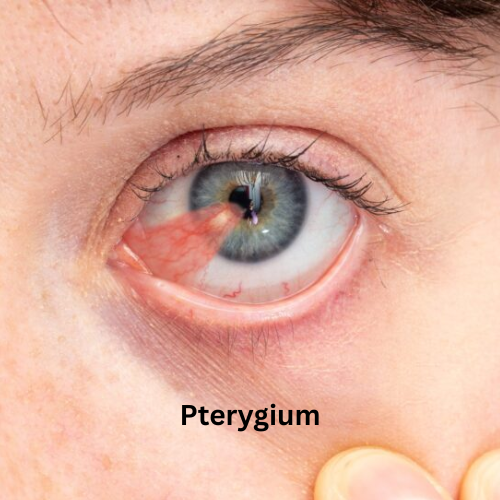
- Corneal Dystrophy:
Inherited disorders causing abnormal deposits in the cornea, resulting in blurry vision especially in the morning.- Dry Eye Syndrome:
A condition where inadequate tear production leads to irritation, redness, and discomfort in the eyes.- Pterygium:
A benign growth on the surface of the eye that can spread across the cornea and cause irritation or vision issues.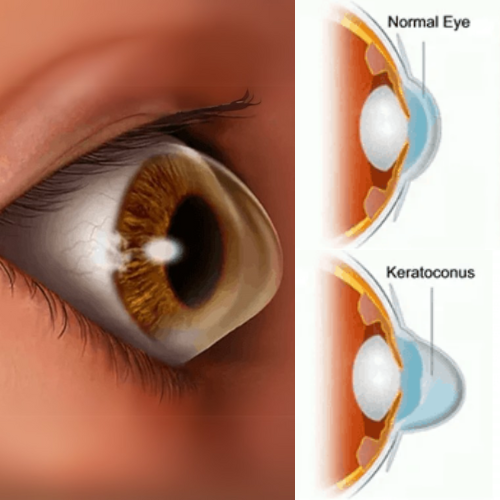
Diagnostic Modalities
We use advanced imaging technologies and laser treatments to ensure precise diagnosis and effective treatment of corneal conditions:
- Corneal Topography : Provides a detailed map of the cornea's surface, essential for accurate treatment planning.
- Anterior Segment OCT : A high-resolution imaging tool for analyzing the layers of the cornea in detail, helping in accurate diagnosis.
- Excimer and Femtosecond Lasers : These precise lasers are used for vision correction surgeries such as LASIK and PRK, offering patients the opportunity for glasses-free vision.
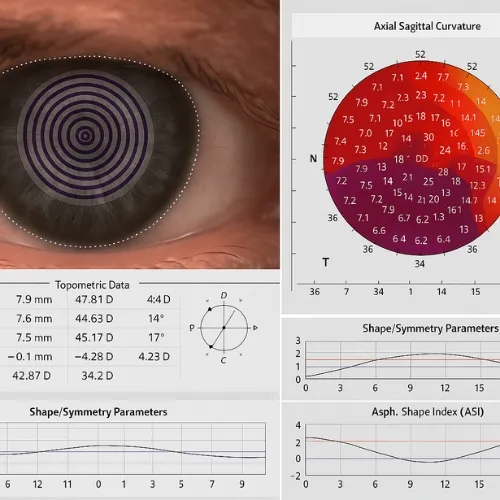
Treatment offered
Our center is equipped with the latest technologies to treat a wide range of corneal issues, including:
LASIK and PRK
High-precision laser surgeries to correct nearsightedness, farsightedness, and astigmatism, offering lasting vision improvement.
Intracorneal Ring Segments
Used to stabilize the cornea in conditions like keratoconus by inserting tiny support rings.
Endothelial Keratoplasty
A modern technique that replaces only the damaged inner layer of the cornea, promoting faster healing and fewer complications.
Corneal Transplantation
Various methods, including Penetrating Keratoplasty and Lamellar Keratoplasty, provide a fresh start for a damaged cornea.
Amniotic Membrane Transplant
A natural healing approach to treat damaged eye surfaces and promote faster recovery.
Pterygium Surgery
Removes growths from the cornea using specialized techniques that promote quicker healing and minimize scarring.
Ocular Trauma Management
In case of trauma to the eye the repair can be done under anaesthesia with utmost precision
Ocular Tumor Management
Specialized treatment is available to management of tumors affecting the cornea
Keratoprosthesis
When corneal transplantation is not possible artificial eye can be provided for cosmetic purposes.
Corneal Tattooing
In case of scarred or discoloured cornea the colour can be matched with the help of corneal tattooing.
Myths and Facts
- Myth: Corneal diseases only affect older people.
- Fact: Corneal diseases can affect people of all ages. Conditions like keratoconus, infections, and corneal dystrophies can develop in children, teenagers, and adults.
- Myth: A corneal transplant is the only treatment for corneal disease.
- Fact: While corneal transplants are sometimes necessary for severe cases, many corneal diseases can be managed with non-surgical treatments such as medications, contact lenses, and laser therapies.
- Myth: If you have corneal disease, you'll always experience pain.
- Fact: Not all corneal diseases cause pain. Some conditions, such as early-stage corneal dystrophies, may have little to no symptoms initially. Regular eye check-ups can help detect issues before pain or vision loss occurs.
- Myth: Corneal disease always leads to blindness.
- Fact: Many corneal diseases can be effectively treated with early intervention. With proper management, vision can be preserved or restored in many cases.
- Myth: Only people with a history of eye trauma get corneal diseases.
- Fact: While eye injuries can increase the risk of corneal disease, many conditions like keratoconus and certain genetic corneal dystrophies occur without any trauma.
- Myth: Corneal diseases are not treatable.
- Fact: There are a variety of treatments available for corneal diseases, ranging from medication and special contact lenses to surgical options, including corneal transplants when necessary.
- Myth: Dry eyes cannot affect the cornea.
- Fact: Chronic dry eyes can damage the cornea over time, causing irritation and even leading to scarring or ulcers. Proper treatment for dry eyes is crucial to maintaining corneal health.
- Myth: If you have blurry vision, you need glasses or contacts.
- Fact: Blurry vision can be a sign of corneal disease, and while glasses or contacts may help, it’s important to consult an eye doctor to rule out any underlying issues like corneal infections or dystrophies.
Did You Know?
Corneal diseases are among the most common causes of vision impairment worldwide. Early detection and treatment are crucial to prevent further complications. Regular eye check-ups can help protect your vision and ensure your corneas stay healthy.
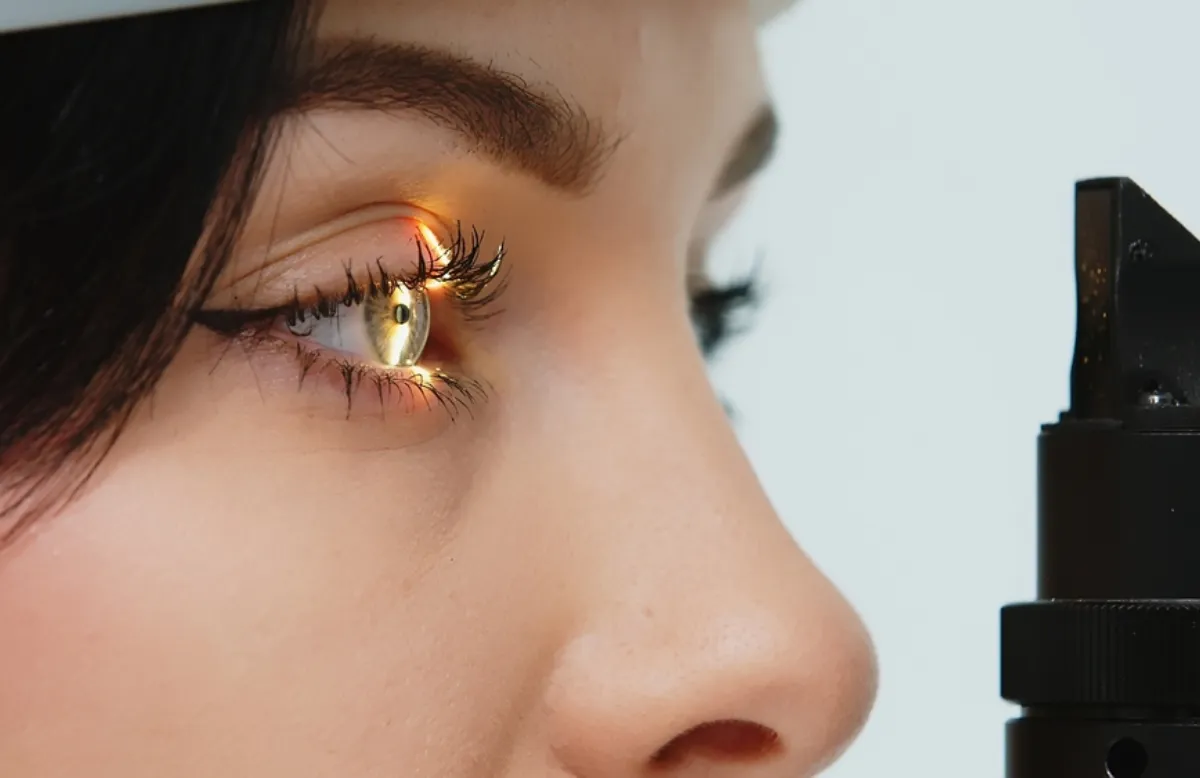
Book an Appointment Today at Kailash Eye Care!
Cornea surgery has evolved significantly over the years, offering a variety of techniques that cater to different patient needs. Whether you choose traditional methods or advanced laser-assisted techniques, cataract surgery is a safe and effective way to restore vision. If you’re experiencing cataracts, book your appointment today with our experts to explore your options.


